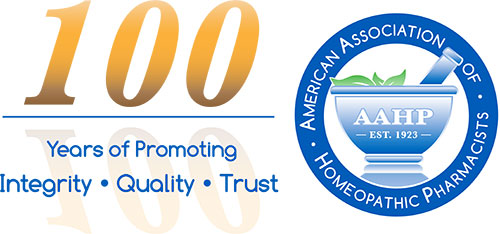Experts Discuss Advertising of Homeopathic Medicines at FTC Workshop
Washington, D.C., Sept. 22, 2015—Trade association leaders, experts in consumer marketing and regulations, and top physicians came together on Monday, September 21 in Washington, D.C. at “Homeopathic Medicine & Advertising: A Federal Trade Commission (FTC) Workshop.”
President of the American Association of Homeopathic Pharmacists (AAHP) Mark Land stated, “We have a remarkable story to share about these 200-year old therapeutic products. In comparison to heavily advertised products in the same retail categories, these products have been able to earn valuable shelf space in the nation’s most competitive retail settings in recent years with marginal advertising.” The $1 billion industry historically relies on recommendations from highly satisfied customers to influence sales.
Homeopathic medicines for over-the-counter conditions such as cough, cold, flu and pain relief have been a choice in American homes for generations. In April, the homeopathic industry assembled for the 25th anniversary of the U.S. Food and Drug Administration’s (FDA) regulatory policy for homeopathic medicines. The majority of presenters explained how the FDA’s Compliance Policy Guide has worked effectively for the last 25 years to ensure consumers have access to clearly identifiable and safe homeopathic products.
Safety is a hallmark characteristic of homeopathic medicines. As reported by the American Association of Poison Control Centers (AAPCC) in April to the FDA, the number of exposures to homeopathic medicines in any given year is less than 1 percent of all pharmaceutical reports to the AAPCC, which is proportionally below the rate of the market share for homeopathic medicines.
As an industry, AAHP welcomed this upcoming opportunity to open a dialog with FTC and recommends that the agency continue to engage homeopathic medical and pharmacy experts in this area. Land adds, “These discussions contribute to the FTC’s and industry’s mission of consumers understanding their health care options.”
